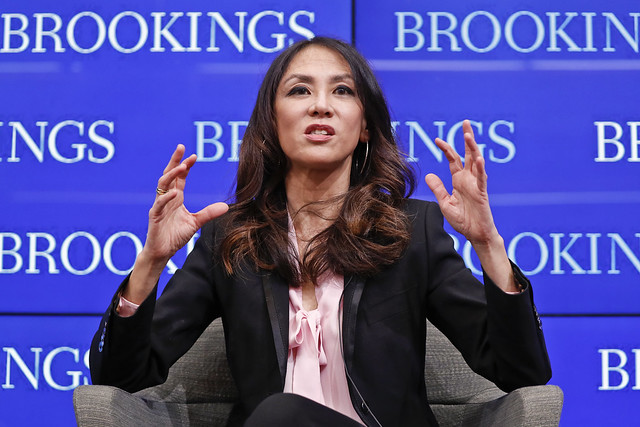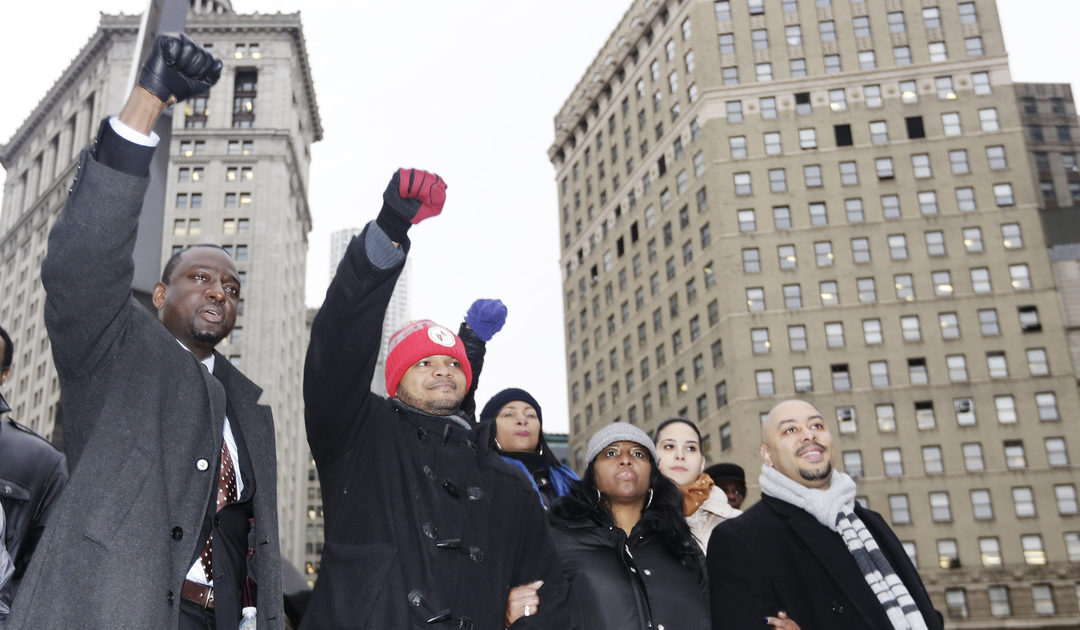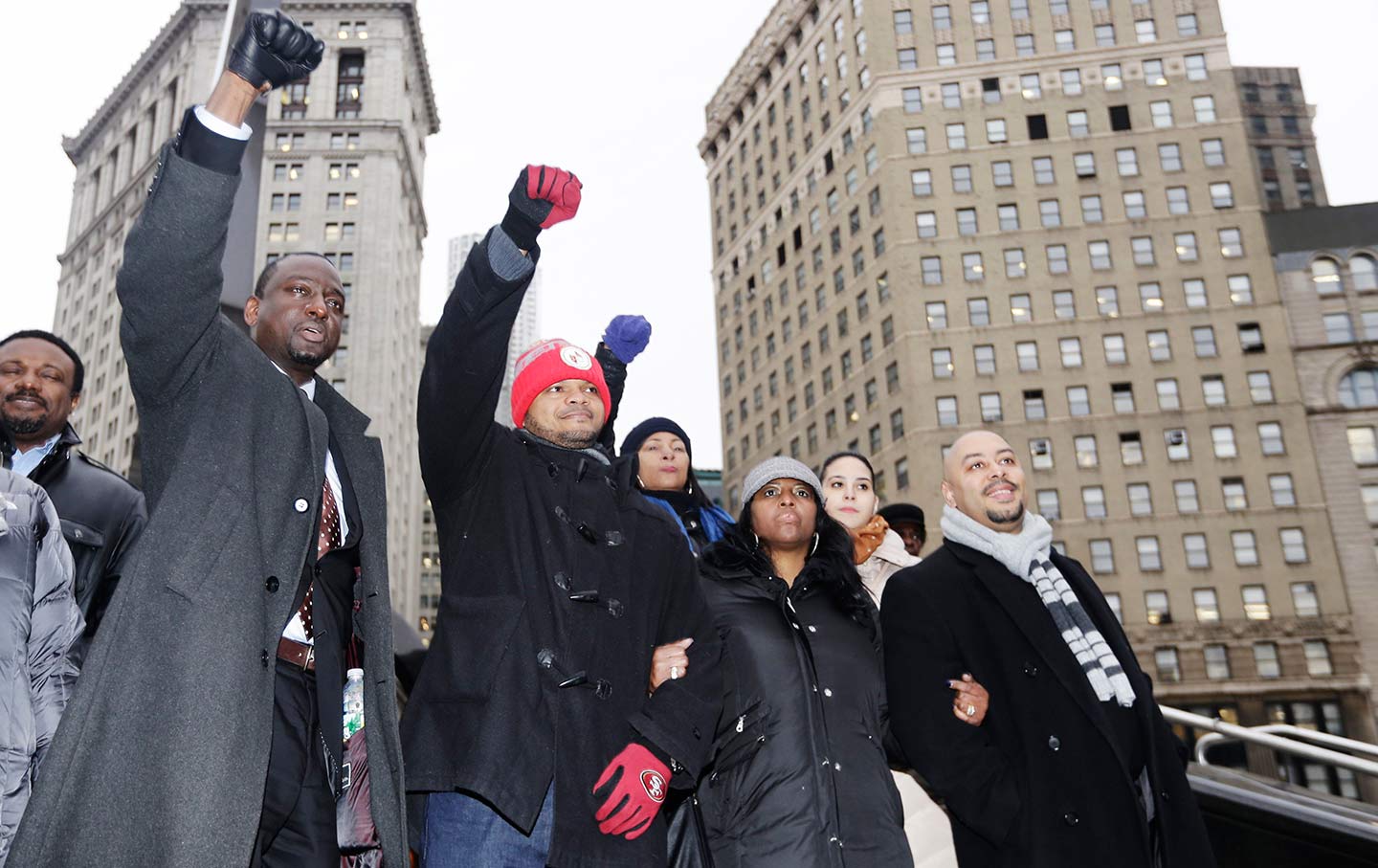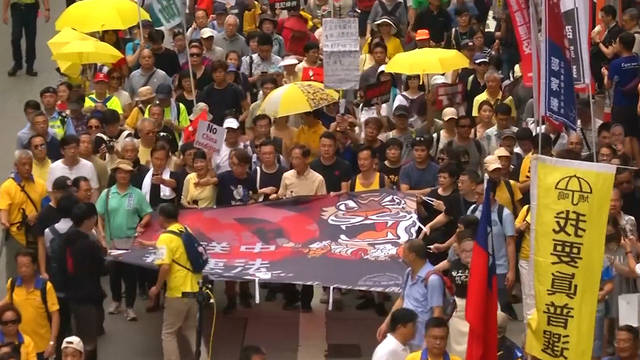The story of the Central Park Five is not one everyone is familiar with, but for those who are, it demonstrates yet another example of law enforcement and prosecutors miscarriage of justice against a group of black teens. Recounting the tale due in part because of the recent Netflix documentary but more so because of a an op-ed in the Wall Street Journal by the prosecutor, the Nation dives into what makes this case a perfect example of how far a prosecutor can go to wrongfully convict.
Countries surrounding the Middle East have to face their share of protests, wars, and uprisings, and a place like Sudan is no different, especially in recent months. Protests continue in the country over the current political situation in the country, and there have been reports, according to the Middle East Eye, that the lack of security in certain parts of the country have led to tribal clashes that have killed some 30 people.
|
|
While the wrongful conviction of the Central Park Five sits as an example of injustice carried out in the past, a more recent case involves the death of Layleen Polanco in a solitary confinement cell at Riker’s. As the Intercept reports, while little is known as to the cause of her death, many activism groups surrounding LGBTQ rights and those advocating for the rights of sex workers have rallied around the chance to fight for better accountability from the police that allows these kinds of deaths to occur.

|
|
Although many conservatives are loath to acknowledge the human affect of climate change, or work proactively to address the issue, many believe that those to the left, like many in the media, will jump at the chance to bring up climate change. However, as FAIR reports, that is not always the case, as a recent article in the New York Times shows, when talking about natural disasters, they don’t have to mention that the increase might be due to climate change.
A common phrase is said to those looking for jobs in any field, “it’s not what you know, it’s who you know,” and no where is that more true than in America, and specifically with plenty of those filling elected and un-elected positions of power. A prime example of this is, as truthdig reports, the case of Amy Chua’s daughter being granted a clerkship under Supreme Court justice Brett Kavanaugh, and the lack of meritocracy that people think the US operates with.
 |
In the US, the art of protesting is something citizens try and take full advantage of, and democracies across the world are no different, especially when it comes to protesting against something with particular importance to a large portion of the population. Enter Hong Kong, and the recent wide-scale protests that have embroiled the territory of Hong Kong over a new extradition law. As Democracy Now! reports, this new law, and the response to recent protests, showcase how far its population is willing to go to stop the threat of China having a say in where people stand to face trial.
| We are often told by news media across the country and political spectrum that bipartisanship is the essence of American democracy and the key to accomplishing ones political goals. However, while this goal does have its advantages, it’s worth noting, as CounterPunch does, that there are drawbacks to this approach, and that just because representatives of both sides agree on something, doesn’t make what they agreed on an automatic positive.
|
Often times in more independent news outlet, you’ll see a more hostile approach when it comes to discussing Israel and the various actions they take against those living in the West Bank, and this is no different. As the Real News Network reports, a recent plan by the Israel government to sell classrooms meant for Palestinians has been halted due to outrage in international media over the blatant manner in which Israel was selling supplies the EU had meant to go towards those living in the West Bank. 
|
|
Though it may be a sore subject for many in the US, and one that gets little coverage, the actions taken by the US in destabilizing country after country in South America is an issue that deserves attention, especially in light of what those countries are doing today, still living with the long-lasting affects of US interventionism. As Grayzone reports, the latest incident calling to mind what America has done in the past, is the burning of the US embassy in Honduras and the long history behind that one act of protest.

|
As the Democratic primary continues to build up steam as we approach the first of many debates, it’s worth wondering if Sanders has a chance this time around, or if similar forces that prevented him from crossing the finish line last time will be his undoing once more. In an interview at the Ghion Journal, they discuss what Sanders is doing and should do to try and prevent a repeat of what happened last time, and why the DNC is concerned with perhaps preventing Sanders from getting the nomination.

|
|

The HEADLINES:
1. Trump in bombshell interview admits he would accept dirt about opponents from foreign powers: ‘I think I’d take it’ (The Independent)
2. Tensions in the Gulf Are a Geopolitical Black Hole (The Atlantic)
3. Joe Biden Is Catching Up To His Party’s Shifting Views On Abortion (HuffPost)
4. US watchdog calls for Trump aide Kellyanne Conway’s removal (BBC)
5. Tory leadership rivals discuss alliance to stop Boris Johnson (The Guardian) |
|














